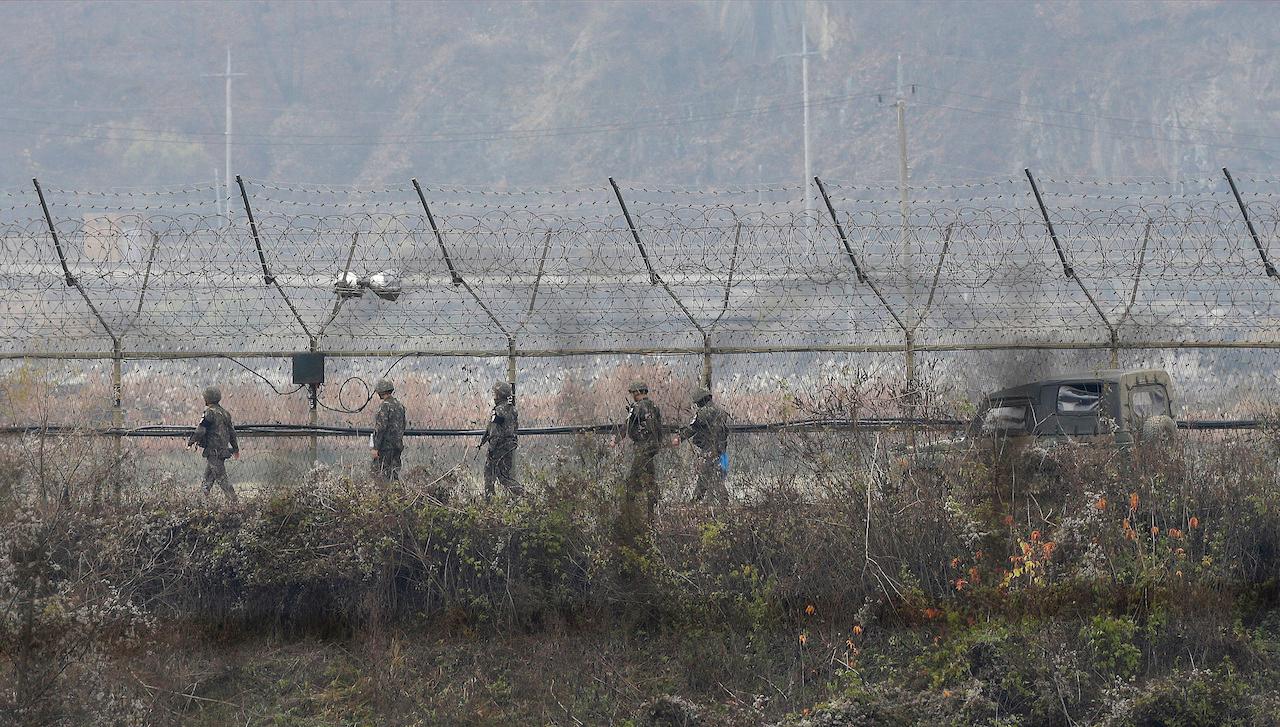North Korea shortages causing foreign diplomats to lock missions and flee
North Korea’s leader, Kim Jong Un, appears to be taking advantage of the pandemic to strengthen his stranglehold on power.
Just In
Russia’s diplomatic mission to North Korea has complained of acute shortages of essential goods such as medicines, increasing problems getting healthcare, and pandemic restrictions that are unprecedented in their severity.
It posted on Facebook on Thursday that foreign diplomats have been exiting North Korea in droves, describing it as an exodus that has left behind fewer than 300 foreigners in the country.
North Korea has imposed crippling border closures to combat the pandemic, banned most international travel, and severely restricted movement inside the country, Reuters reports.
Only nine foreign ambassadors and four charges d’affaires are still representing their nations, with most embassies having cut staff to a minimum, Russia’s diplomatic mission said.
It said Britain, Brazil, Germany and several other countries have already locked up the gates to their missions, and all foreign staff at international humanitarian organisations have left.
Last month, a group of Russian diplomats and family members used a hand-pushed rail trolley to leave North Korea amid tough restrictions including the blocking of most forms of passenger transport across the border.
Photos and video released by Russia’s foreign ministry at the time showed the trolley, laden with brightly coloured bags and suitcases, being pushed across a wintry landscape.
“There is barely any food going into the country from China,” a missionary who clandestinely helps people in need inside North Korea told the Diplomat as far back as the end of 2020.
“There are so many more beggars, some people died from hunger in the border area and there’s no soap, toothpaste, or batteries, so nothing works.”
North Korea’s leader, Kim Jong Un, appears to be taking advantage of the pandemic to strengthen his stranglehold on power.
New extreme measures his government has imposed may even be an attempt to return to ultra-strict controls of past decades, when the government controlled the distribution of food and materials. These conditions led to mass famine in the 1990s after the Soviet Union collapsed and food supplies failed.
Lina Yoon, the senior North Korea researcher at Human Rights Watch, recently wrote in the Diplomat: “Future negotiations with North Korea need to focus on pressuring the government to take immediate and major steps to address the health, safety, and rights of its people.
“It is vitally important for the world to remember the people of North Korea, not just the government’s nuclear ambitions.”
Subscribe to our newsletter
To be updated with all the latest news and analyses daily.
